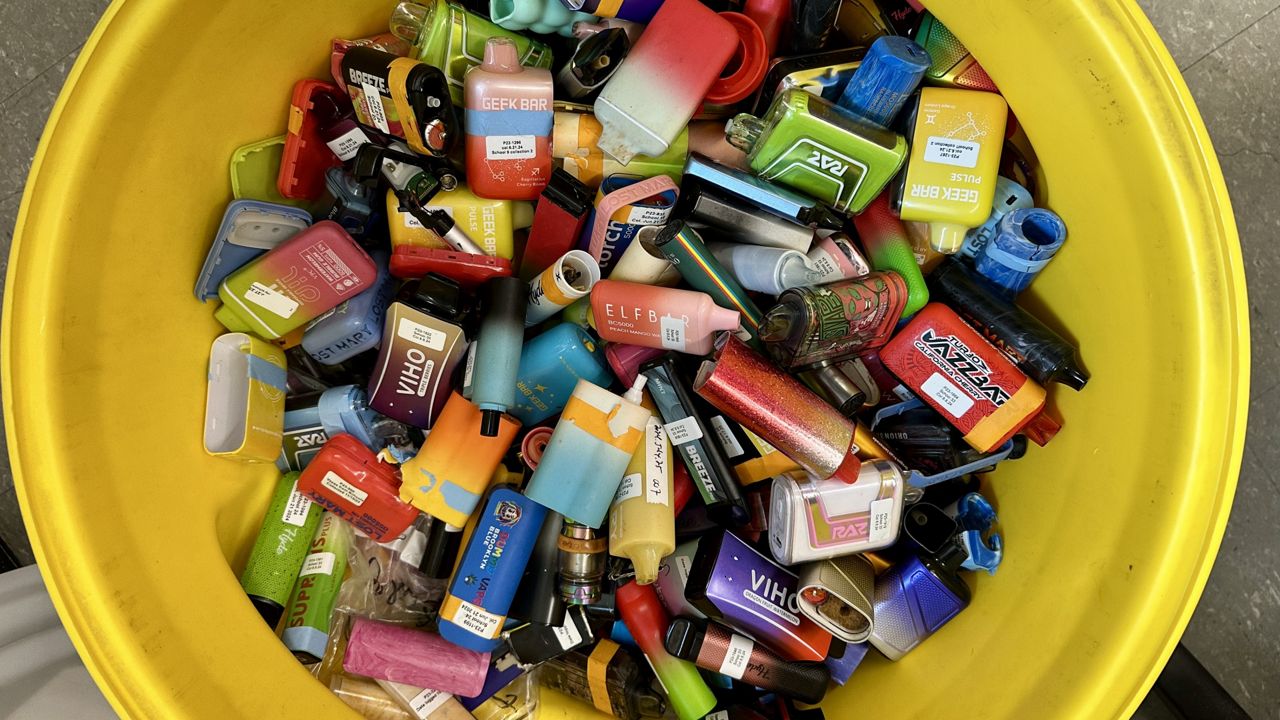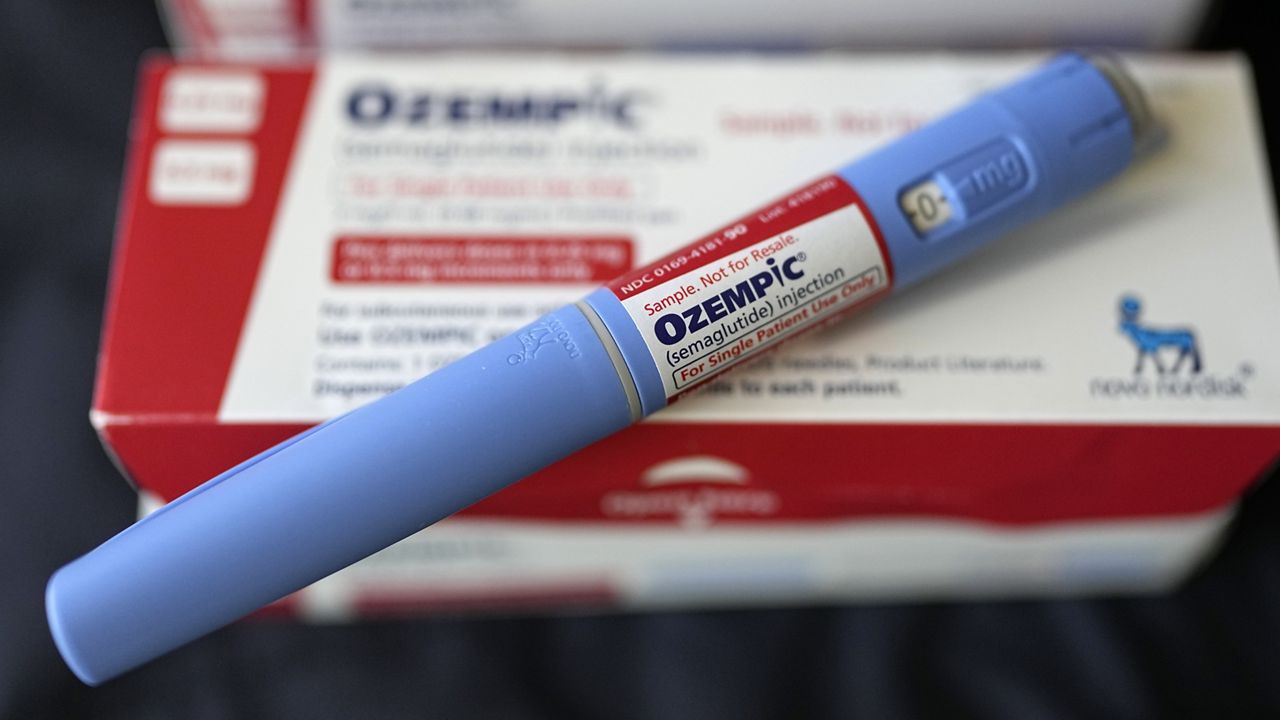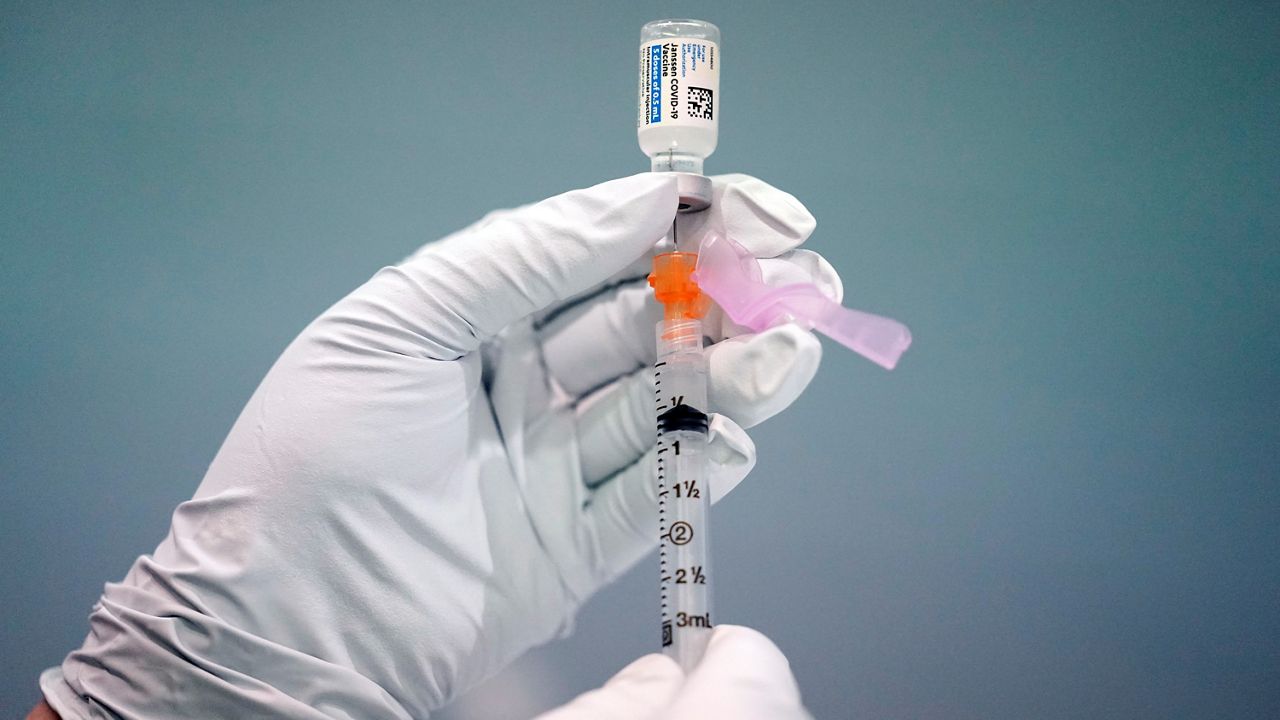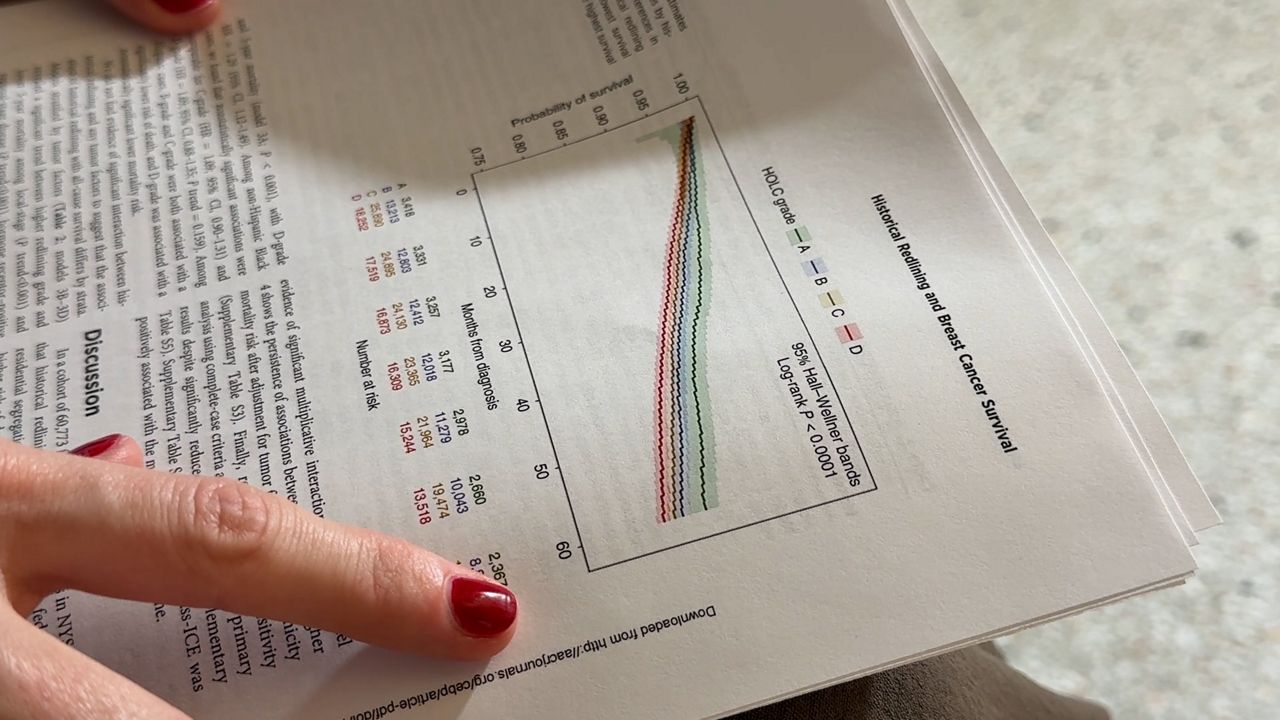As the opioid crisis persists, the need for more workers in the field of addiction services is at an all-time high.
“The more people we can get on board to help save lives, the better,” said Mel Collins, a longtime addiction counselor. “People are dying daily.”
New York state is taking a proactive approach in filling the gaps by providing financial assistance to people choosing addiction services as a career.
“I have some family members who suffer from addiction, and I wanted to learn how I can help,” Collins said. “For me, helping people is a great reward.”
But right now, Collins is focused on taking on an even larger role in society’s fight against addiction, enrolling in SUNY Empire State University’s addiction studies program.
“I’m learning so much. It’s a broad spectrum of topics,” he said. “It’s not just teaching about leaving addiction. It’s teaching about healing the whole person, about the person’s past, the person’s present and the person’s future.”
To help him succeed in being a part of the solution, New York state is rolling out a nearly $3 million scholarship program created through by the state’s Opioid Settlement Fund.
“We’ve had over 75, 80 people contact me already because they’re very much interested in this,” said Empire State University Health and Human Services Department chair Thalia MacMillan.
The program will assist more than 300 students at Alfred State, Stony Brook and Empire in becoming credentialed alcoholism and substance abuse counselors, credentialed prevention professionals and earning a bachelor’s degree in addiction studies.
“We need to have a lot of different treatment for people,” MacMillan said. “And we can’t do those without people who were trained in that particular area.”
Collins called the state’s investment an encouraging sign of what’s to come.
“If you want me to be honest, I think they need to send a lot of funding,” he said.
He had a message for anyone considering addiction services as a career.
“People see it in their community or in a family member,” he said. “Instead of standing on the sidelines, discussing it, they have to really want to get involved and take some action.”









